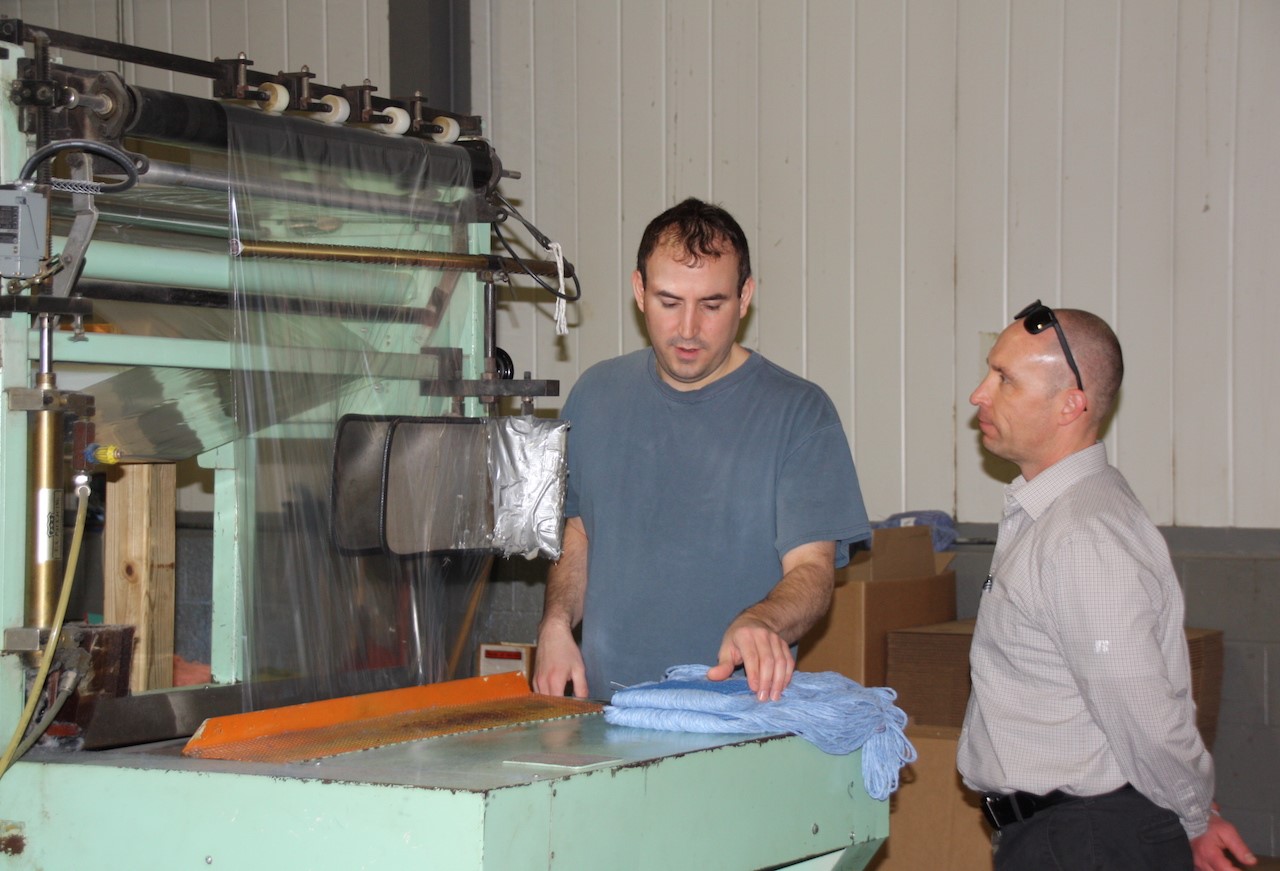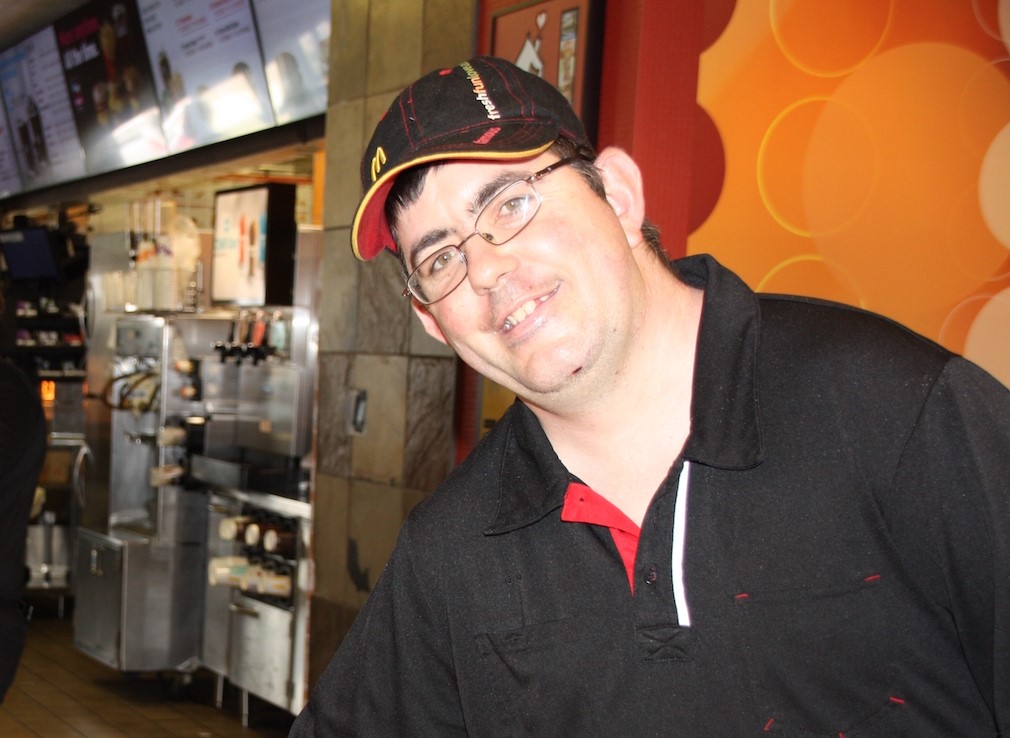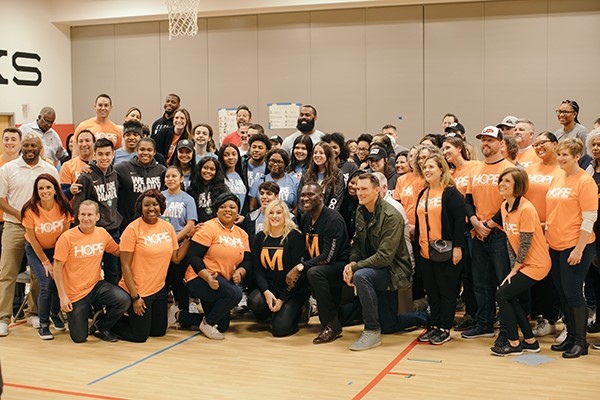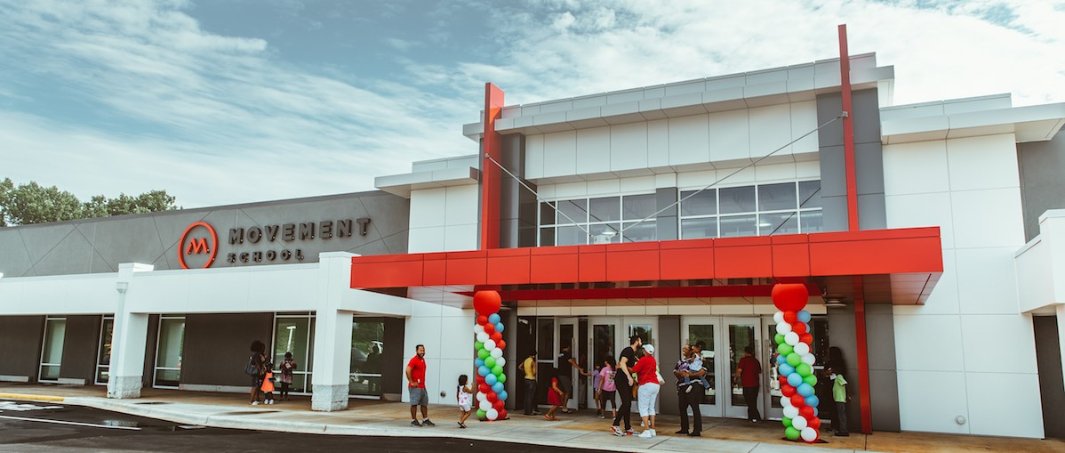With jobs, 10k winner empowers the disabled
Before he ever sold home loans for Movement Mortgage, David Paul sold pizza, pasta, steak and sandwiches for 30 years as the owner of several Italian restaurants.
In those days, he occasionally hired people with disabilities and special needs. "If we can, we should always give a helping hand to anyone who is need," says Paul, a Movement branch manager in Sedalia, Mo.
So when he left California for his native Missouri more than a decade ago, he developed a fondness for a nonprofit helping individuals with disabilities land jobs and find housing.
That group is the Center for Human Services and it's the latest winner of the Movement 10k giveaway, a monthly campaign to give $10,000 to nonprofits significant to Movement employees.
To nominate the nonprofits they love, employees must submit a video detailing how the organization brings life, light and hope to people in need. A selection committee then picks a winner.

Paul nominated the Center for Human Services, he says, because it delivers on its promise to boost access for people with all types of disabilities. "They do change people's lives for the better," he says.
What they do
Founded in 1955, the Center for Human Services began as a program that served only nine children with disabilities. Over time, it grew into an organization that today provides employment, housing and case management services to more than 4,000 people with disabilities across 36 counties in Missouri.
Although it offers a host of programs and services, its most critical function is to help the disabled find jobs. In Missouri, only about 8 percent of people with disabilities are employed, says Ann Graff, executive director for the Center for Human Services.
The reason?
"People are afraid," Graff says. "We often hear, 'Oh gosh, I wouldn't want to have to fire them if they aren't doing well. They might not be safe. They can't do the job, or get up to speed.'”
Overcoming that stigma will take time, Graff says, but the Center for Human Services is making strides. Recently, it created Gifts for Jobs, a program that places the nonprofit's clients in 23-week-long internships. The hope is that employers will like how clients perform on the job and hire them full time.
Movement's $10,000 donation will help pay the center's clients minimum wage salaries while they intern.

"What most employers are finding is that once they have the person in there, they show up everyday," Graff says. "Once they learn the job, (clients) can do it in greater detail than a person who doesn't have a disability. They're very conscientious."
Take 33-year-old Robert Petree, for example. Diagnosed with attention deficit disorder and bipolar disorder, Petree's been a client at the Center for Human Services since 2003. In the years since, he's taken classes to help control his anger, and worked on a lawn crew for five years. Today, he works two jobs — one at McDonald's and the other at WILS, an agency that advocates for people with disabilities.
"It feels like I've conquered a lot of mountains," he says. "I totally turned my life around."
To those with disabilities who feel judged by people who tell them what they can't do, Petree says: "You have disabilities but you're not truly different than anyone else in the world."


